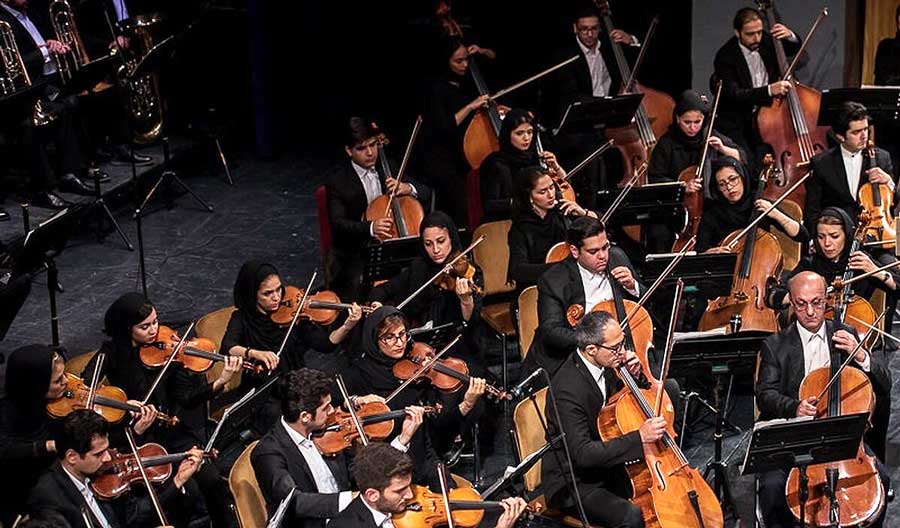In a conversation with the author and music researcher, it was raised:
What is the solution to combat fake music book production?

Reza Mahdavi, an author and music researcher, referred to the prevalence of fake books and book production in this field and said: Supervisory councils at various levels should take serious action in issuing licenses and music books should be studied by experts in each field and then be licensed for publication.
According to Artmag.ir, citing IRNA, the writing and publishing of books in the field of music, especially in the educational field, has grown in recent years compared to the past. However, this field faces problems such as the promotion of yellow books; books that have no scientific or research basis and confuse the audience.
Accordingly, we have spoken with Reza Mahdavi, composer, music researcher, author, and former director of the music department of Sooreh Mehr Publications, about the quantitative and qualitative status of music books, the shortcomings, and the needs of this field, which follows.
This composer and music researcher stated about his experiences in the field of publishing music books: For years, I studied books alongside other experts at the Hozeh Honari Music Center and the Music Office of Sooreh Mehr Publications, and issued licenses to publish music books in accordance with the goals of these collections. Over the course of 10 years, licenses were issued to publish 150 specialized and reference books on Iranian music in the music department of Sooreh Mehr Publications.
He said: In the Ministry of Education’s Book Compilation and Planning Office, for the first time in the history of the educational system, in 2001, I prepared a plan and program for compiling and teaching music under the title “Auditory Training, Auditory Arts, and Vocal Arts” in the three levels of the new education system, part of which I compiled and part of which we would order over time. The first official music book for the art entrance exam is mine, which was published by Burhan and Rushd Publications, affiliated with the Ministry of Education, and so far it is among the collections from which music questions are selected.
Mahdavi said about the status of music books in terms of quantity and quality: Books published over time find different statuses, according to their content, structure, and goals. The more music books become specialized, the more difficult it becomes for the author, compiler, or translator because specialized and highly specialized people are among the target audience.
This music researcher stated: Today, due to the abundance of content in cyberspace and the lack of interest in the audience, students and even the general public interested in a specific topic read less based on their main needs, and the audience is looking for simple, compiled, and short-page books to meet short-term, rather than long-term, needs.
Referring to the status of music book publishing compared to the past, he added: “In recent years, the quality of music book printing and publishing has improved, and more features such as pagination, cover and page graphic design have been considered for various types of content.”
Mahdavi stated: “The possibility of printing a small number of copies with different papers, which is called digital, simplifies warehousing and provides the possibility of reprinting with corrections and updates after each small number of copies has been sold. For example, in the past, if a book with errors was published in an edition of 2,000 copies, it would take years to correct it for reprinting.”
The former director of the music department of Sooreh Mehr Publishing said about the combos and needs of music book publishing: This field requires appropriate advertising from all government and private media, especially governments are obliged to devote all their material and spiritual efforts to building culture in the field of art, including the important category of books.
He said: “In conditions of cultural oppression, it is necessary to deal appropriately with authors, creators, and publishers and to have a special framework so that they can write books with more enthusiasm and time. The price of books has been an issue in all countries of the world in the past, and in addition to audio books, which have found their place among the masses today, subsidies should be allocated for the publication of books in physical form.”











